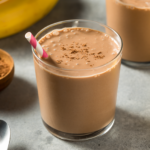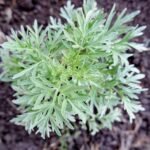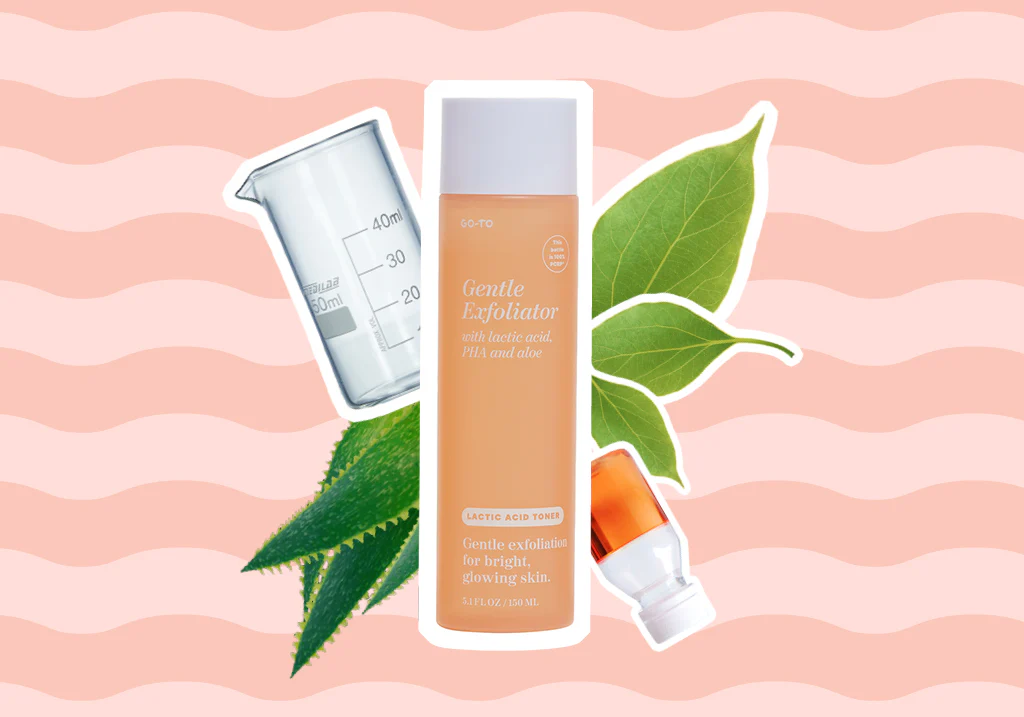
Adapting your skincare routine to the changing seasons is essential for maintaining healthy, radiant skin. Each season brings unique challenges, from the drying effects of winter to the harsh rays of summer and the repairing needs of autumn. Seasonal natural skincare tips can help you harmonize your routine with nature, emphasizing hydration, protection, and repair without relying on harsh chemicals. By embracing natural, plant-based solutions tailored to each season’s demands, you can ensure your skin stays balanced, vibrant, and youthful.
As our environment changes, so does the condition of our skin. Cold winter air can strip your skin of moisture, while the intense heat of summer can lead to sun damage and excessive oil production. Fall, often a transition period, is perfect for repairing damage from summer and preparing for the colder months ahead. Integrating natural skincare practices—rooted in time-tested remedies and clean ingredients—helps combat seasonal challenges while promoting overall well-being. This guide dives deep into the benefits of natural, season-specific routines to help you navigate these changes seamlessly.
Whether you’re new to natural skincare or looking to refine your approach, these insights will provide practical and transformative strategies. Let’s explore the best ways to hydrate your skin during winter, protect it in summer, and repair it during fall—all while using the power of nature to achieve a glowing complexion.
Winter: Hydrate Your Skin Naturally
Winter brings dry air, lower humidity, and cold winds that can dehydrate the skin, leaving it feeling tight, flaky, and irritated. Hydration is the cornerstone of seasonal natural skincare tips during this period, and it begins with understanding how to lock in moisture effectively.
Key Hydration Strategies
- Use a Rich, Natural Moisturizer
Opt for products that include natural humectants like hyaluronic acid, glycerin, or aloe vera to attract moisture. Ingredients like shea butter and jojoba oil create a protective barrier to prevent water loss. A DIY blend of coconut oil and vitamin E can work wonders for dry skin. - Add Hydrating Face Masks
Incorporate weekly masks made from natural ingredients. A mix of avocado, honey, and yogurt provides deep hydration while soothing irritation. Honey acts as a natural humectant, drawing moisture into the skin. - Hydrate from Within
Staying hydrated during winter isn’t just about topical applications. Drinking plenty of water and herbal teas, like chamomile and green tea, keeps your skin plump and hydrated from within. Foods rich in omega-3 fatty acids, such as flaxseeds and walnuts, also support skin elasticity and hydration.
Tips for Winter Skincare Routine
- Avoid Hot Showers: While tempting, hot water strips your skin of natural oils. Stick to lukewarm water and pat your skin dry instead of rubbing.
- Use a Humidifier: Indoor heating can make the air even drier. A humidifier adds moisture back into your home environment, preventing dehydration.
Summer: Protect Your Skin from Damage
Summer skin care revolves around protection—shielding your skin from UV rays, preventing sunburn, and maintaining a healthy balance despite increased oil production and sweat. Natural remedies provide powerful sun protection and post-sun repair.
Natural Sun Protection
- Wear Natural Sunscreen
Mineral-based sunscreens with zinc oxide or titanium dioxide are effective and safe alternatives to chemical sunscreens. These ingredients reflect harmful UV rays without irritating sensitive skin. - Layer Protective Clothing
Lightweight, breathable fabrics like cotton and wide-brimmed hats provide a physical barrier against the sun’s harmful effects. Look for clothes with built-in SPF. - Boost Antioxidants
Vitamin C serums, derived from natural sources like citrus fruits, help neutralize free radicals caused by sun exposure. Incorporating antioxidant-rich foods like berries, spinach, and tomatoes can also protect your skin from the inside.
Post-Sun Repair
- Soothe with Aloe Vera: Aloe vera gel, applied directly from the plant or in organic products, provides instant relief for sunburns and hydrates sun-exposed skin.
- Cucumber Compresses: Cool cucumber slices reduce redness and replenish lost moisture.
- DIY Cooling Mist: Combine rose water, peppermint oil, and a splash of green tea to create a refreshing mist that soothes and rehydrates your skin after a day in the sun.
Fall: Repair and Rejuvenate
Autumn is a time to repair the damage caused by summer and prepare your skin for winter. It’s the ideal season to focus on exfoliation, repair, and nourishment, ensuring your skin remains resilient.
Essential Repair Practices
- Gentle Exfoliation
Slough off dead skin cells using natural exfoliants like ground oats or sugar mixed with honey. This step allows better absorption of moisturizers and serums. - Repairing Oils
Use natural oils like rosehip oil, rich in vitamin A and C, to diminish pigmentation and repair damage from prolonged sun exposure. Evening primrose oil is another excellent option for restoring skin elasticity. - Strengthen the Skin Barrier
Incorporate ceramide-rich products and ingredients like almond oil to rebuild the skin’s protective layer. DIY masks with pumpkin puree, rich in vitamins A and C, nourish and hydrate the skin.
Fall Skincare Tips
- Add Richer Products: Transition to heavier creams that provide more hydration as the weather cools.
- Focus on Antioxidants: Products with pomegranate extract or green tea help combat oxidative stress accumulated during summer.
Table: Seasonal Skincare Ingredients at a Glance
| Season | Key Focus | Natural Ingredients | Tips |
|---|---|---|---|
| Winter | Hydration | Shea butter, hyaluronic acid, aloe vera | Use humidifiers and rich, nourishing creams. |
| Summer | Protection | Zinc oxide, aloe vera, cucumber, vitamin C | Use mineral sunscreen and antioxidant-rich foods. |
| Fall | Repair | Rosehip oil, pumpkin puree, ceramides | Gently exfoliate and use repairing serums. |
Benefits of Seasonal Natural Skincare
- Enhanced Skin Health
By tailoring your routine to the season, you address your skin’s specific needs, reducing irritation and promoting a balanced complexion. - Cost-Effective Solutions
Many natural skincare remedies use everyday ingredients, minimizing reliance on expensive commercial products. - Eco-Friendly Practices
Opting for natural, biodegradable products aligns with sustainable living principles, benefiting both your skin and the planet. - Preventative Care
Seasonal routines prevent long-term damage, such as premature aging, by addressing environmental challenges proactively.
Conclusion: Commit to Year-Round Natural Skincare
Your skin deserves care that evolves with the seasons, ensuring it remains resilient and glowing. Implementing seasonal natural skincare tips—hydrating in winter, protecting in summer, and repairing in fall—can transform not only your skin but also your approach to self-care.
Nature provides an abundance of effective solutions, from aloe vera’s cooling properties to the restorative power of rosehip oil. By integrating these natural remedies into your routine, you promote both health and sustainability, a win-win for you and the environment.
As you adapt your regimen with each passing season, remember that consistency and mindfulness are key. Your skin reflects the care and attention it receives. With a natural, seasonal approach, you can confidently navigate the year’s changing conditions, maintaining a radiant complexion that mirrors the beauty of nature itself.
















